# Remarkable Women in History: Unsung Pioneers of Science and Mathematics
Written on
Chapter 1: Introduction to Unsung Pioneers
Throughout history, when we think of exceptional intellects, names like Leonardo da Vinci, Isaac Newton, and Albert Einstein often come to mind. However, the narrative has predominantly focused on men, overshadowing the remarkable accomplishments of women. Despite facing considerable barriers, several women have made extraordinary contributions to their fields.
Section 1.1: Hypatia of Alexandria
Hypatia flourished during a pivotal period in the ancient world. Her father, a prominent scholar in Alexandria, fostered her love for learning. Hypatia emerged as a leading figure in academia, captivating students with her lectures on subjects such as astronomy, geometry, algebra, and philosophy.
Her dedication to knowledge was so profound that she chose to remain single throughout her life. Unfortunately, her legacy was cut short during a turbulent time marked by religious conflict. Hypatia was murdered by a mob of radical Christians, a tragedy often viewed as a sign of the transition from antiquity to the impending Dark Ages.
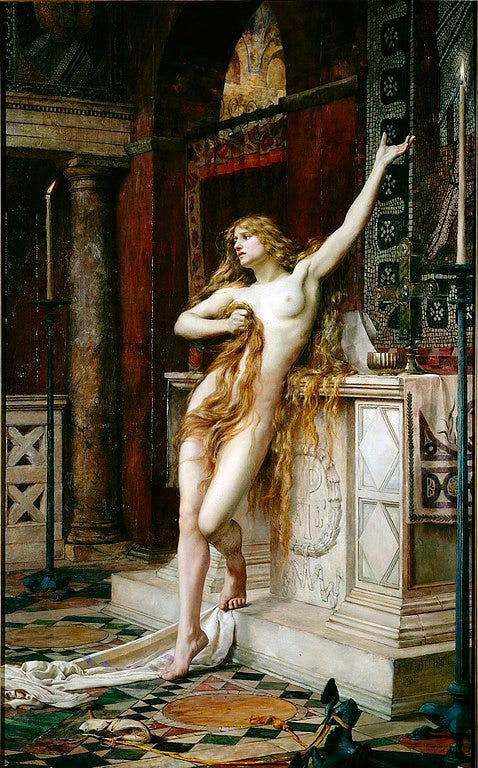
Section 1.2: Émilie du Châtelet
Born in France in the early 18th century, Émilie du Châtelet was a prodigious talent with a keen interest in literature, classics, and notably, mathematics. Her partnership with the renowned philosopher Voltaire led to significant works, including Elements of the Philosophy of Newton, published in 1738.
Though her contributions were often overshadowed by her male counterparts, Voltaire recognized her superior understanding of Newtonian physics. In 1740, she published Physical Institutions, merging Newton's theories with those of Leibniz. Her translation of Newton's Mathematical Principles of Natural Philosophy, which included her own insights, greatly influenced the scientific revolution in France.
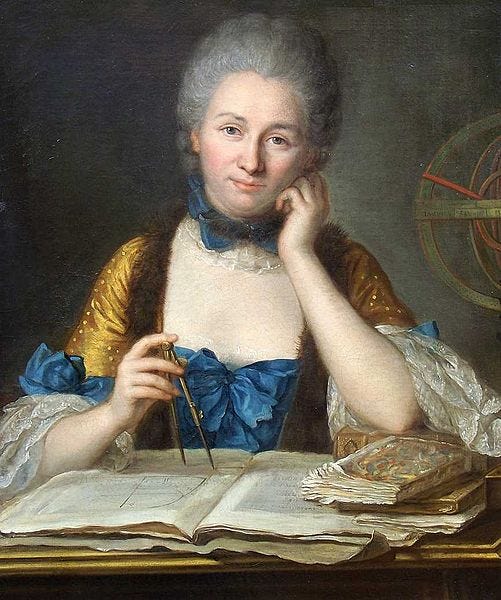
Section 1.3: Ada Lovelace
Born in London in 1815, Ada Lovelace was raised in a noble family but faced personal challenges due to her father's tumultuous reputation and her mother's health issues. With a strong educational foundation, Ada was introduced to the work of Charles Babbage, a mathematician who inspired her with his Difference Engine.
Years later, as Babbage worked on his Analytical Engine, Ada translated a paper by mathematician Luigi Federico Menabrea, enhancing it with her own observations. Ada's insights suggested that the machine could perform more than mere calculations; it could process symbols and letters. Her groundbreaking work earned her recognition as the first computer programmer.
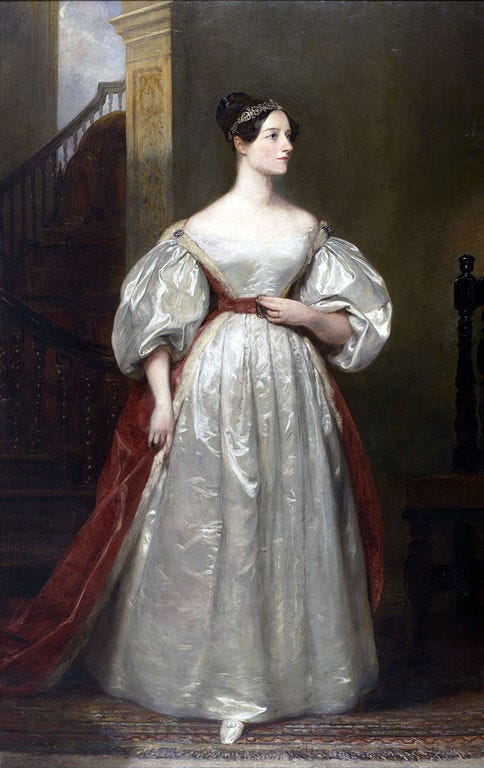
Section 1.4: Elsie MacGill
Elsie MacGill, born in Vancouver in 1905, was influenced by her mother, the first female judge in British Columbia. Elsie's academic journey led her to become the first woman to earn a master's degree in Aeronautical Engineering. However, her career was interrupted by polio, which left her housebound for years.
Despite her struggles, Elsie persevered and eventually became the Chief Aeronautical Engineer at the Canadian Car and Foundry Company. She designed the Maple Leaf Trainer II, the first aircraft created by a woman, and contributed to wartime aircraft that played crucial roles in World War II. Her advocacy for women's rights in Canada earned her the Order of Canada in 1971.
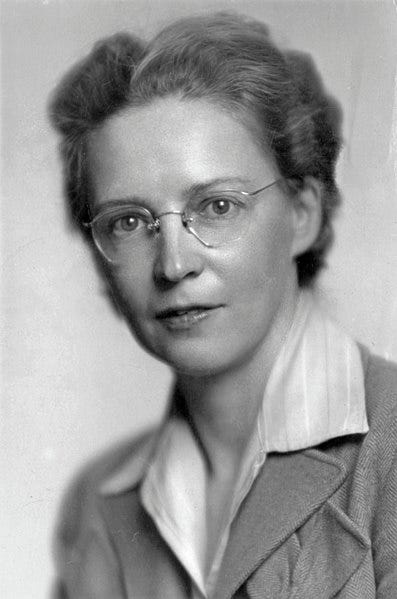
Section 1.5: Hedy Lamarr
While Hedy Lamarr is often remembered for her work as a Hollywood actress in the 1930s and 1940s, her contributions to science are lesser-known. During her marriage to arms manufacturer Fritz Mandl, Hedy conceptualized a remote-controlled radio system that utilized frequency hopping to evade enemy detection.
Though her idea was not adopted during World War II, it later became foundational for various technologies, including cell phones and Wi-Fi. Hedy's pioneering spirit was eventually recognized with the Electronic Frontier Foundation Pioneer Award in 1997.
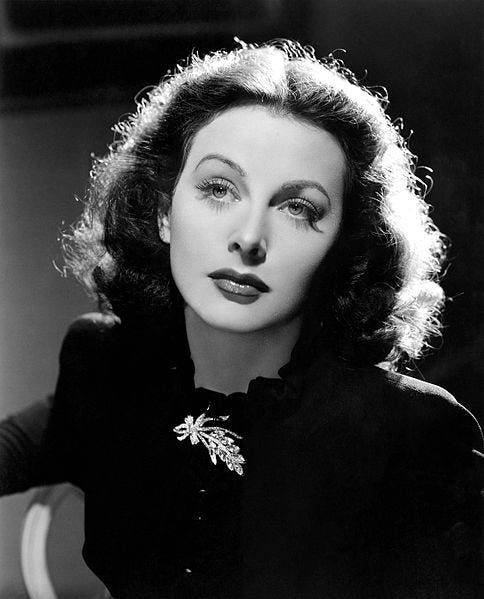
Chapter 2: A Celebration of Legacy
This video explores the top ten badass women in history who have made significant contributions yet remain largely unknown. Their stories inspire and shed light on the often overlooked achievements of women.
In this video, five influential women you might not have heard of are highlighted. Their impact on history and science showcases the importance of recognizing diverse contributions to our world.